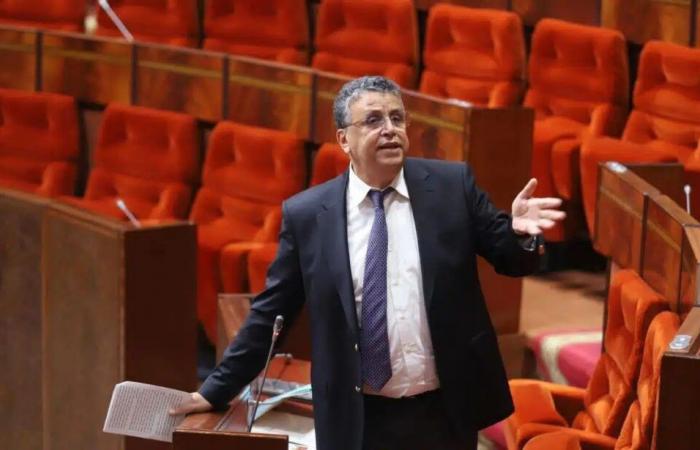According to the minister, this legislative text was developed according to an ambitious reformist vision which responds to the challenges posed, in accordance with the fundamental benchmarks which form the guidelines of national penal policy, firstly the Constitution of 2011, the international conventions relating to the rights of Man and the fight against crime and the speeches of His Majesty the King “which defined the philosophy and the main lines of the reform of the justice system in our country”.
Mr. Ouahbi then reviewed the new features brought by the bill, in particular with regard to “the strengthening of the guarantees of a fair trial by the revision of the provisions relating to police custody, the rationalization of the use of this measure for that its practice be subject to rigorous criteria clearly defined by the bill, or the strengthening of the rights of the defense by stipulating the right to contact the lawyer from the first hour of the suspect’s arrest and by authorizing the lawyer to attend the hearing of minors or people suffering from infirmity.
Among the new features of this text, the minister also cited “the guarantee of effectiveness and the modernization of criminal justice mechanisms by broadening the scope of offenses that can be the subject of conciliation procedures, the establishment of torture prevention mechanisms in accordance with international commitments to combat torture and other cruel, inhuman or degrading treatment, the development of mechanisms to combat crime and the strengthening of international cooperation mechanisms.
-The bill also includes provisions aimed at “protecting victims at each stage of public action, by providing for informing the victim or complainant of the outcome of the procedures and ensuring that victims benefit , people suffering from disabilities as well as minor victims of the assistance of a lawyer, in addition to strengthening the role of the social assistance office in the care of women and child victims”, specified the government official. Furthermore, he added, the same text tends to simplify criminal measures and procedures, to encourage increased use of modern technologies in the fight against crime, to establish incentive measures, in particular fines, as well as to simplify rehabilitation and requalification procedures and to create alternatives to public action through simplified and conciliatory procedures.
Bill No. 03.23 thus marks a global revision of the provisions of the Code of Criminal Procedure, which affects more than 420 articles (286 articles modified and supplemented, 106 added, 27 articles repealed and replaced and 5 articles repealed), indicated Mr. Ouahbi. And to recall that the revision of this text comes after more than two decades of application, in an international, regional and national context marked by major challenges facing the criminal justice system, linked in particular to the strengthening of the field of protection of rights and freedoms, the consolidation of the rule of law and the strengthening of legal and judicial security, in addition to the fight against organized and transnational crime and new forms of crime.






